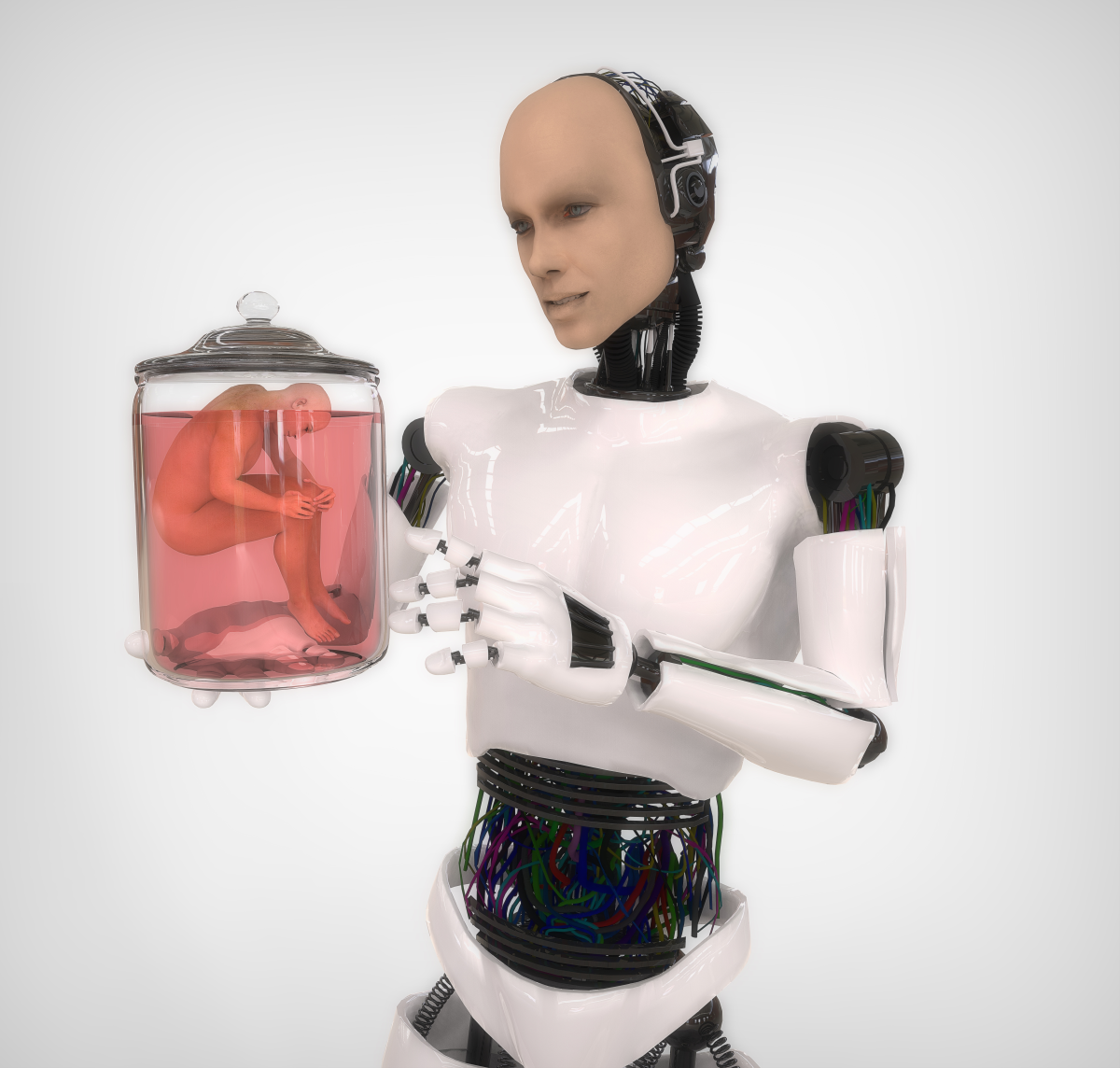Towards Right Action: Exploring Ethics
What is the Good Life?
MINDS ON
“
The achievement of his own happiness is man’s highest moral purpose.
~ Ayn Rand, The Virtue of Selfishness
In 1974, philosopher Robert Nozick proposed a thought experiment to refute ethical hedonism - the school of thought that argues that pleasure and happiness are the primary goal - as the ultimate ‘good’ of human life.
Through his thought experiment, known as the ‘Experience Machine,’ Nozick wanted to demonstrate that there is something other than pleasure that has value in our lives.
Nozick asks us to imagine a machine - one that could give us whatever desirable or pleasurable experiences we could want. Through this machine, psychologists have figured out a way to stimulate your brain to induce the full sensation of whatever pleasurable experience you desire. So, for example, you would think and feel like you were writing a great novel, or making a friend, or creating music, driving your ATV - whatever you deemed to be your ultimate conception of happiness!

However, in reality, you would be nothing more than a brain in a jar.
Now Nozick asks you, given the choice, would you prefer the machine to real life? Keep in mind that all the time you were connected to it, you would know no difference between the sensations of pleasure you experienced through the machine and real experiences or external reality. For all you would know, the simulated pleasures would be real. As far as you would ever know, these experiences would actually have happened. As far as you would ever know, these simulated experiences would be your ‘real life.’
So Nozick asks you again - would you plug in?
Before you respond to Nozick’s question, consider the following:

In February of 2017, researchers at the University of Toronto successfully targeted a small number of 'fear' neurons in mice, wiping out their traumatic memories. They had found that certain neurons, known as 'engrams,' fire in a particular pattern when a memory is created, such as a fearful memory. By genetically removing the targeted neurons, a specific memory could effectively be erased without affecting other memories.
These researchers believe the same technique could be used in humans.
While they propose that their research could be used to erase addictions or memories that contribute to Post Traumatic Stress Disorder (PTSD), there are some ethical implications about the possibility of removing bad memories. As humans, we learn from our mistakes - what would happen if we had the ability to erase them? For instance, what if we could erase the memory of a bad break-up or the loss of a family member?
What if we chose to only remember the experiences that made us happy?
 Would You Plug In?
Would You Plug In?
Would you choose to be hooked up to Nozick’s machine, take a pill to erase a specific (or all) of your bad memories, or choose not to alter your life at all? In other words, is there anything ethically wrong about wanting to experience only the good that life has to offer?
Remember to use philosophical reasoning to explain your choice.
ACTION
In the Pursuit of Real Happiness
Nozick believed that, given this choice, people would not choose to be plugged into the machine. His reasoning was, as follows.
- We want to do certain things, not just have the experience of doing them.
- We want to be a certain sort of person - not just a ‘blob’ floating in a tank.
- Plugging into an experience machine limits us to a human-made reality that can be programmed. What if there is a deeper reality that we would miss experiencing?
Nozick contends that, if pleasure and happiness are the only intrinsic values worth pursuing in life, then certainly people might be tempted to hook up to an "experience machine" that would produce such favorable sensations. However, he maintains that most people would choose to not accept this offer.
What Makes a Good Life?
At some point, you have probably been asked to define what you would require in order to live the ‘good’ life.
Possessions? A certain level of comfort - physically and perhaps financially, even the attainment of complete happiness, as Nozick would imply. As you discovered in the Minds On section, there are ethical aspects to this question. It asks you to examine the values that you hold and how they relate to the type of life that you lead - or want to lead. Closely related to this are the metaphysical aspects of this question - what makes a ‘good’ life?
WhatMakesaGoodLife
CONSOLIDATION
“
When I was five years old, my mother always told me that happiness was the key to life. When I went to school, they asked me what I wanted to be when I grew up. I wrote down “happy.” They told me I didn’t understand the assignment, and I told them they didn’t understand life.
~ John Lennon
Reflect back to Nozick’s Experience Machine.
Psychologist Felipe de Brigard proposed a different version of the famous thought experiment:
According to Brigard, your decision at this point is affected by what is called ‘status quo bias’ - an emotional preference for what we know as the norm. Fear that the alternative will not be as good, fear that we may be missing out on what everyone else in society accepts as ‘good,’ fear that we may regret our choice if we chose the ‘wrong’ one - this will affect our decision-making.
So what do you choose to do?
If our understanding of what is ‘good’ is related to our coercion to an ideal perpetuated by society, and our sense of moral and ethical obligation to conform to that expectation - are we really able to make a ‘right’ choice in this scenario?
Does the fear of consequences and regrets impede our pursuit of a truly good life?
 Philosopher’s Notebook: The Good Life Thought Experiment
Philosopher’s Notebook: The Good Life Thought Experiment
In your Philosopher’s Notebook, respond to this, using specific evidence from the round table sessions and your personal reflections to support your reasoning.